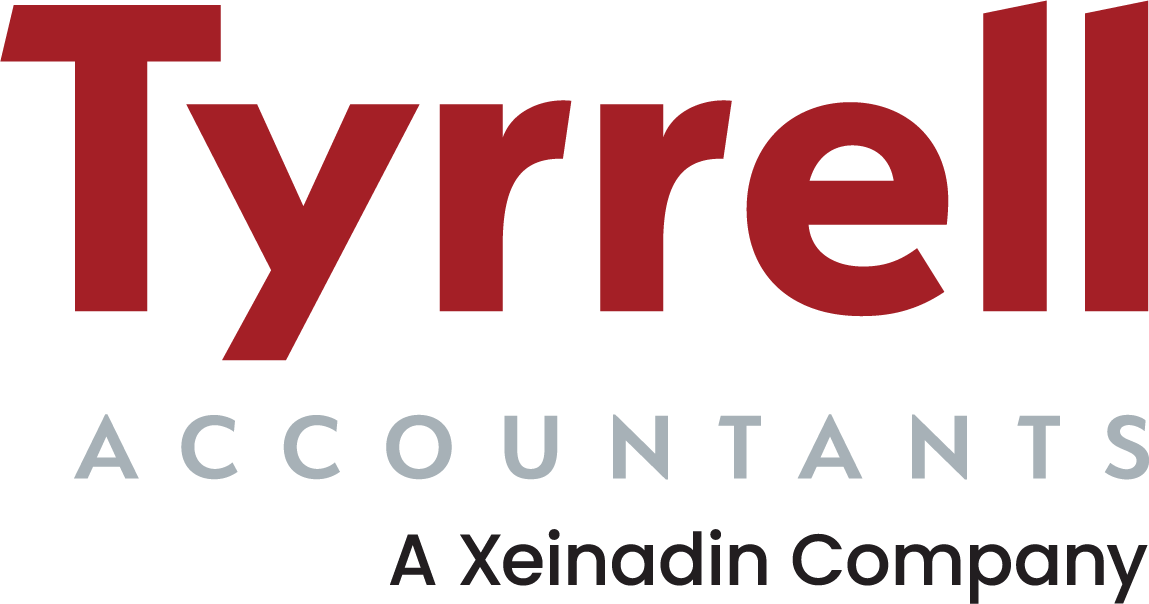As a property owner who is letting residential properties as an individual, in a partnership or a trust, you need to know that the income tax relief on your mortgage interest payments is gradually (over the 4 years from April 2017) being restricted to the basic rate of tax. These reforms are going to result in significant changes to the way your property income will be taxed, so we’ve put together the answers you need to stay compliant with your property income.
The old system (before April 2017)
Previously, you would pay income tax on profit that you’ve made from renting out property you own. Profit is determined as the amount left once you’ve added your rental income together and deducted any allowable expenses or allowances.
From April 2017 landlords will start to lose valuable tax relief on their buy-to-let mortgage costs, meaning the way you declare your rental income will change.
The new tax credit system
The new system is gradually being phased in over the next 4 years until April 2020, at that point you won’t be able to deduct your mortgage expenses from rental income in order to reduce your tax bill.
Instead, you will receive a less-generous tax credit, which will allow you to claim currently (2017-18) 75% of your mortgage tax relief which will decrease by 25% each tax year until 2020, when you’ll then be unable to deduct your mortgage costs from your rental income.
What are my options after April 2020?
Once the new system has been fully phased in, all of your rental income will become taxable and you will instead receive a 20% tax credit for your mortgage interest. Despite this, the changes mean that your tax bill could potentially increase in two ways.
The first would be if you’re a higher or additional-rate taxpayer resulting in you being unable to get all the tax back on your mortgage repayments. The credit only refunds tax at the basic 20% rate as opposed to the marginal rate of tax paid.
The other potential increase is less obvious. As a result of the new rules, you could be forced into a higher tax bracket due to the need to declare your income without the mortgage interest deduction. This could push your total income into the higher tax bracket (45,000 in 2017-18) or the additional-rate tax bracket if your income exceeds £150,000.
Could I incorporate to keep my mortgage relief?
A limited company may seem like an attractive option, as theoretically you would be able to continue to declare rental income after deducting the mortgage payments. This is due to the fact that the change in tax relief only affects private landlords.
If you think forming a limited company for your property portfolio is worthwhile, then you should always do your research. Incorporating could leave you in a far worse situation even with the tax saving. This is due to the fact that mortgage rates for businesses are more expensive than for private landlords, this could cost you more than you’d save by keeping your property in your own name.
Similarly, you would also need to pay an extra round of stamp duty when you transfer ownership of a property to your new company. Incorporating would also mean your taxes would become more complex. As well as filing your own tax return, you would need to file tax returns for your business and also pay corporation tax on your profits. Furthermore, you could be taxed personally when you come to extract funds from your company.
Other implications from the changes
There may be additional implications due to the way your taxable income is calculated. For example, if you or your partner receive Child Benefit and your income is over £50,000 per annum, the changes may result in the High-Income Child Benefit Charge being applied to your income.
Where to go for more information and advice
More information can be found at www.gov.uk/government/news/changes-to-tax-relief-for-residential-landlords, you can also contact our expert team for my advice on assistance with your properties. Simply visit our website or call our team on 01223 832477.
